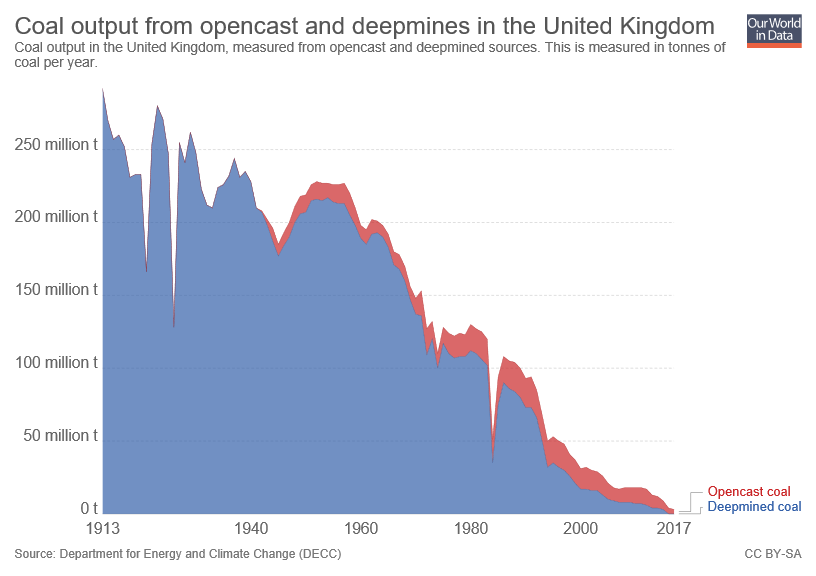Introduction
Shaziety is all about what we can individually do and act on to improve the environment and society from grass root and bottom up. As much as what we can do on an everyday basis is important, man-made global warming and climate change is a problem of a very large scale. What I’d like to share with you are some insights on how industry level trends in the coal and renewable energy markets are shaping the big picture of the energy market, and the challenges that lie ahead as we transfer to a more sustainable society.
The first half of my two piece blog is a brief outline of what’s been behind the decline in coal. The second half focuses on the challenges we face as we use more renewable energy.
Decline of coal
Coal is in decline due to many governments enforcing very strict rules to make it profitable, in addition to the negative sentiment that discourages its support and finally the uncertainty of coal as a commodity and a reliable source of power.
Many governments (especially in Europe) have listened to climate scientists and have implemented regulations that have hit hard at the coal market. The UK is a good example, which in 2013, placed taxes on power plants at £18 per tonne of CO2 emitted when producing electricity. This was a big blow for utilities and coal miners, and resulted in coal imports and the amount of coal used for making electricity to decline drastically. In 2015 coal accounted for producing 28% of electricity in the UK but in 2019 this has dropped to a mere 3%.
The EU have also been ruthless, as it enforced member countries to participate in a scheme called the “EUETS” (EU Emissions Trading Scheme). The scheme basically forced companies that made too much Green House Gases such as CO2 to trade or sell off any excess they made. Other EU wide policies such as the IED (Industrial Emissions Directive)] have restricted the length of time that power plants that emit harmful gases such as CO2 can keep running.
Coal Divestment
Being in the coal industry is not seen as sexy as it used to be, with negativity sentiment against coal has led to banks and institutions to shy away from investing in coal. Big financial institutions such as Standard Chartered, BNP Paribas and RBS have all stopped funding new coal fired power plants and JP Morgan has also stopped funding new coal mines. Coal miners are also becoming carbon neutral in light of the negativity from the banks. Australian mining giants Rio Tinto have sold off all of their coal mines and BHP Billiton are also getting rid of their coal mines and focusing on materials for Electric Vehicles.
As much as renewable energy is seen as unreliable, the coal market is also susceptible to many uncertainties. Strikes can make coal prone to sudden price hikes, as coal mining is still a dangerous job despite technological advances, where workers’ lives are at risk. Strikes are imminent in the wage negotiation seasons as whole villages and communities that rely on the mines fight for better working conditions. Strikes can cause delays in delivering coal across the world, cause uncertainty in the supply and therefore hike up prices – these costs are ultimately incurred by the consumer, one way or another. The quality of coal itself is sharp in decline, with reserves of quality coal declining in large reserves (especially for Bituminous coal) that have a long history in mining coal.
The end of coal is not yet in sight
Despite all the backlash facing coal, it will not be going away soon. Many developing nations and nations that have not caught up to renewable power will still be using coal as a reliable energy source. In Europe, Germany still relies on coal with 28% of its electricity being produced by hard coal and Lignite, despite its remarkable increase in renewable energy production and capacity and a similar story is seen in Poland.
Politics plays a part in the longevity, as coal is used as a bargaining chip to win the vote of industrial workers. “Clean coal” simply does not exist unless there is an industry wide secret that is yet to be revealed and the US coal industry continues to struggle from lack of investment, decreasing employment and outdated infrastructure. For both good and bad, coal plays a vital part in German politics, as voters keep a close eye on the energy policies of its political parties and coalition partners.








